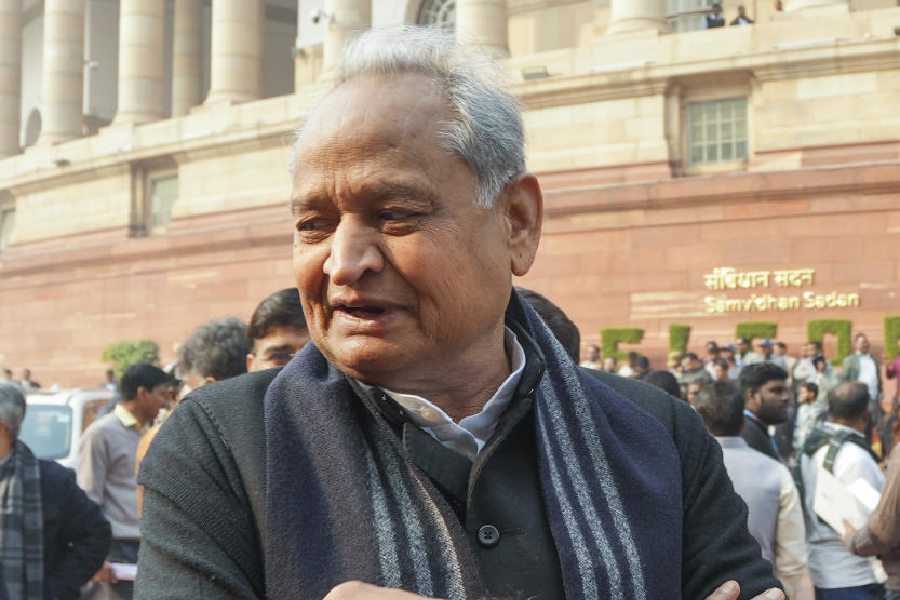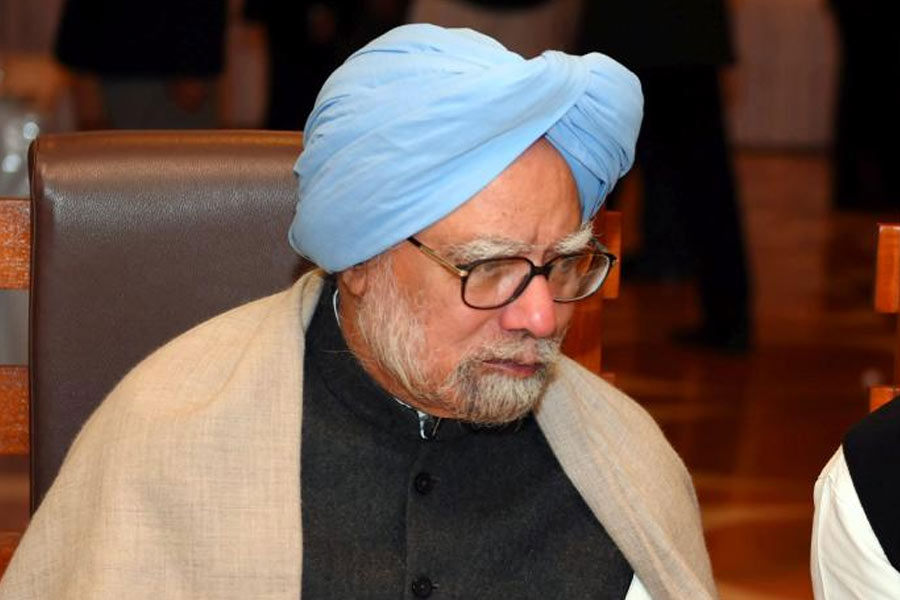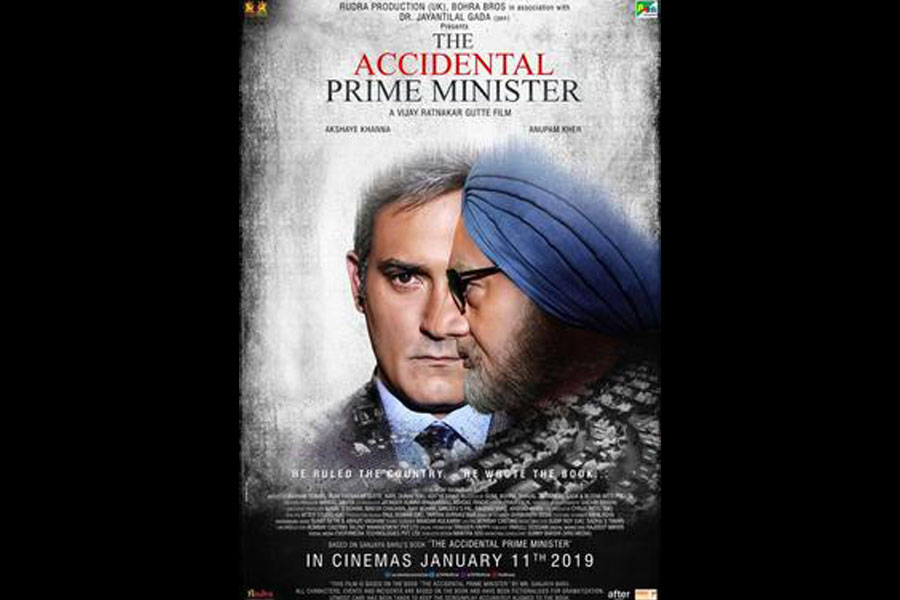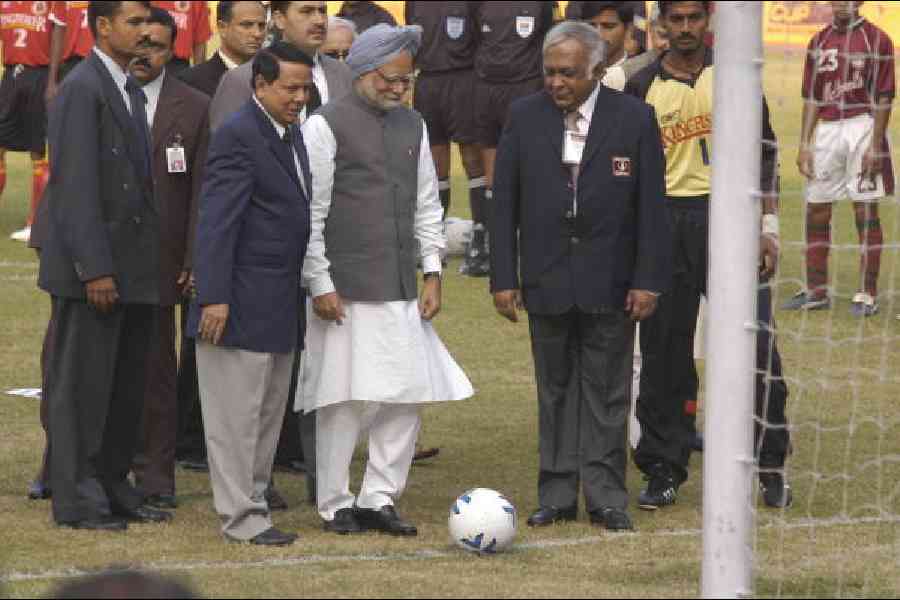Law Minister Kiren Rijiju on Sunday batted for institutional arbitration in the country and pointed at loopholes in "ad hoc" arbitration, saying such proceedings are susceptible to court interventions which delay the final outcome.
He also said artificial intelligence (AI) can help arbitrators in tasks such as document review and analysis, legal research, and drafting of awards.
Addressing a Delhi Arbitration Weekend event at the Delhi High Court, he said majority of the people go for "ad hoc" arbitrations where the proceedings are not governed by pre-determined rules.
As a result, these proceedings are susceptible to court intervention at various stages which leads to delay in final decision for the parties involved. On the other hand, Rijiju pointed out, institutional arbitrations are regulated by the rules of an institution that provide for a more structured and secure process.
In addition, parties can benefit from the expertise of the arbitral institution having good quality infrastructure, he said.
He said the government's Vision 2030 is to see arbitration space remain dynamic, amendable to adopting best practices, as also conscious of the needs of time-bound and final adjudication of contractual disputes.
With the emphasis on institutional arbitration, it is essential that new arbitration centres are set up in non-metro cities, he felt.
The whole system of institutional arbitration is crucial in creating and enhancing the 'Ease of Doing Business' (EoDB) environment, he stressed.
He was of the view that EoDB is linked to 'Ease of living'.
Ease of living will be witnessed when there is prosperity in the society, and a robust system promoting 'Ease of Doing Business' atmosphere, he told the gathering.
Citing a World Bank EoDB Report, he said India takes as much as 1,445 days to resolve a dispute and 31 per cent of the claim value for dispute resolution is spent during the process.
He said the support of the judiciary is must to realise the objectives of ease of doing business and ease of living.
The judiciary, the minister noted, has also been receptive of the various measures which have been taken to strengthen the dispute resolution measures in the country.
He also said that India's courts must go paperless.
The Rs 7,000 crore allocated to Phase III of the e-courts project in the latest Union Budget is a testament to it.
Except for the headline, this story has not been edited by The Telegraph Online staff and has been published from a syndicated feed.











